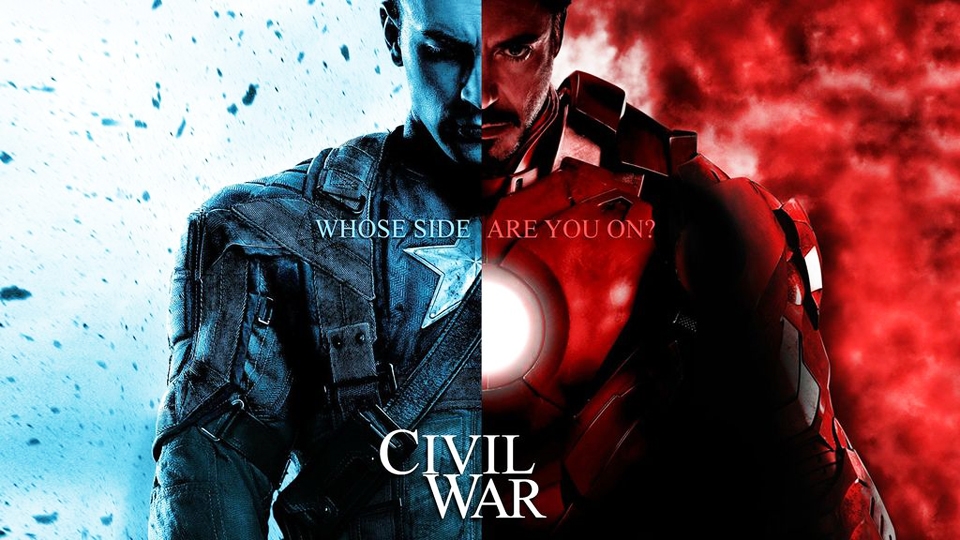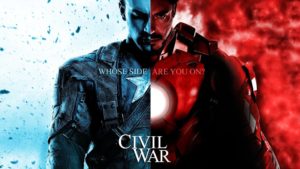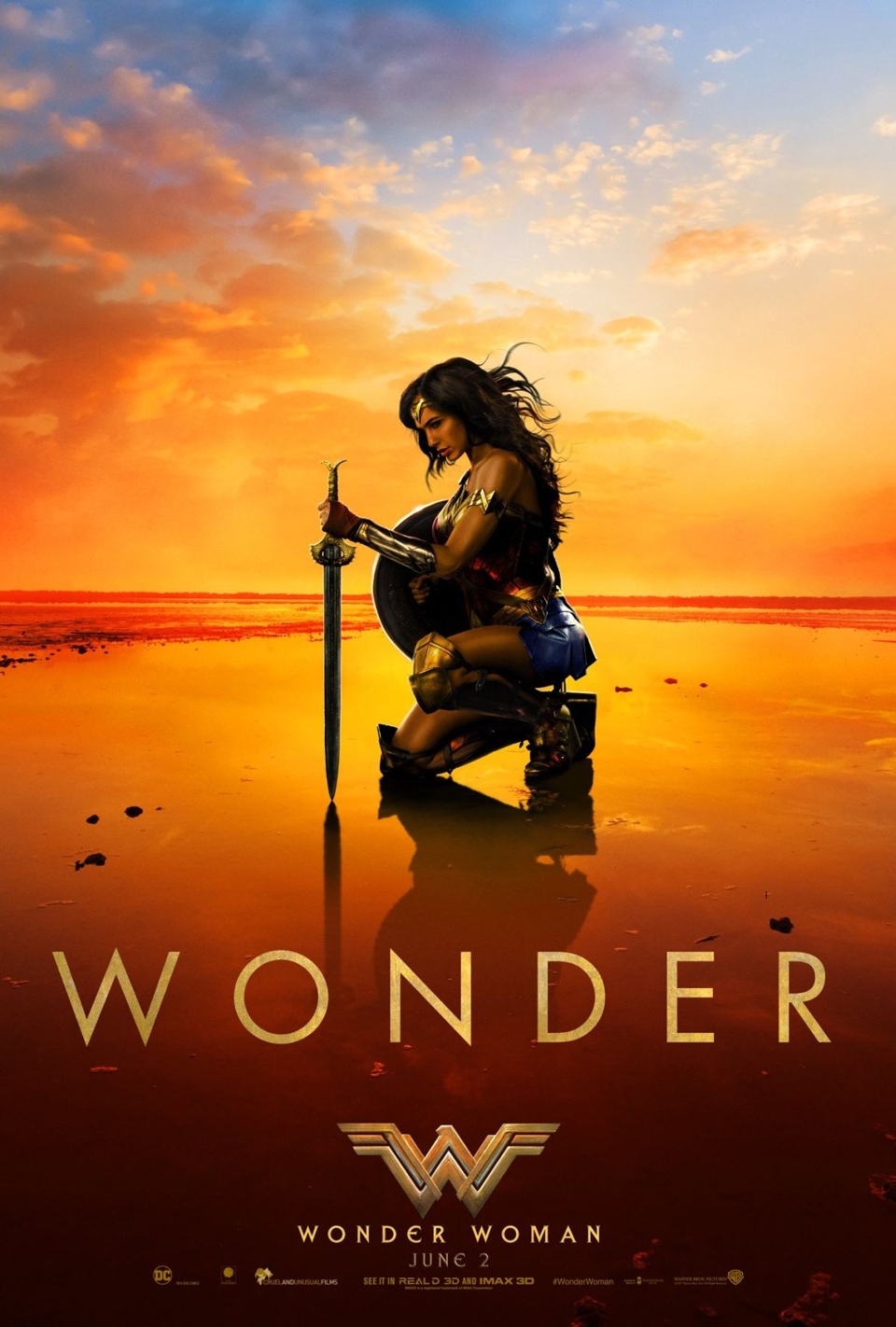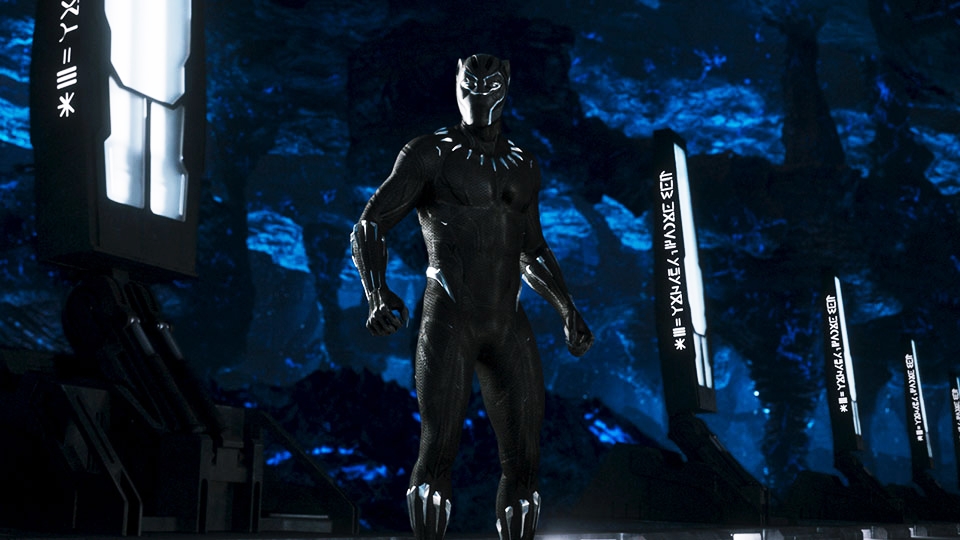

“Captain America: Civil War” was one of the few big winners of this summer, taking in over $1 billion dollars. Only “Zootopia” came close at the box office.07
By Sean Ray | A&E Editor
Summer 2016 has not been a kind season for Hollywood. While this is normally the time of blockbusters, the big money-makers for movie studios everywhere, flops and disappointments are the name of the game this year around.
“[R]ed ink has spilled out from such misses as ‘Alice: Through the Looking Glass,’ ‘Warcraft,’ ‘The Legend of Tarzan’ and ‘Teenage Mutant Ninja Turtles: Out of the Shadows,’” an article by Variety said. “The failures could cost their studios tens of millions of dollars.”
It is not all bad news. Disney had a pretty good year. Both “Captain America: Civil War” and “Zootopia” made more than one billion dollars, while “Finding Dory” came close to that mile-marker.
However, even the “House of Mouse” was not totally immune to its fair share of failures. “BFG,” despite the directorial talent of Stephen Spielberg, barely made back its budget, while “Alice: Through the Looking Glass” did not get anywhere close to the gross its predecessor made.
Not even traditional, safe bets are surefire ways to succeed in the modern film world. “Ben-Hur,” a remake of one of the most critically acclaimed films of the same name, utterly failed to rake in audience interest or money.
While “Batman v. Superman: Dawn of Justice” was by no means a failure, taking in over $800 million, Warner Bros. could not feel good about the fact that a movie featuring some of the most famous super heroes around barely made more money than “Guardians of the Galaxy,” a Marvel movie featuring a team of characters unknown to general audiences before its release.
The film’s disappointment lead to Warner Bros. restructuring its film department and creating a separate studio, DC Films, to oversee all future super hero works, according to Hollywood Reporter.
But what does this all mean? Is this a death knell for Hollywood — a sign that Hollywood is dying out?
Actually, this may all be good news for the industry.
When taking a look at the movies that succeeded versus the ones that failed, one key difference sticks out: critical opinion.
The two billion-dollar winners of this summer, “Captain America: Civil War” and “Zootopia,” both received Rotten Tomato ratings of 90 percent and 98 percent respectively, pretty high percentage scores for a pair of blockbusters.
Meanwhile, Michael Bay flick “13 Hours: The Secret Soldiers of Benghazi” flopped with its 50 percent on RT. Unexpected sequel “Zoolander 2” had no luck at the box office or with critics, finding itself with only $56 million against a $50 million budget and a 23 percent rating.
In the age of the internet, it is becoming much easier for people to gauge ahead of time whether they will like a movie or not. They have easy access to hundreds of reviews and ratings, and it seems like bad movies are suffering because of it.
Even those who try to game this system end up the worse for it. Aforementioned example “Batman v. Superman” received criticism for the fact that it was not pre-screened for critics. While the film did have a big time opening, it received record-breaking drops in profit. According to Forbes, the film saw an 81 percent drop in audience attendance from its first week to its second.
Only time will tell if this trend will stay true, but if it does, audiences may soon find their summer blockbusters to be a bit higher caliber than before, with more attention to story than to blowing things up.




